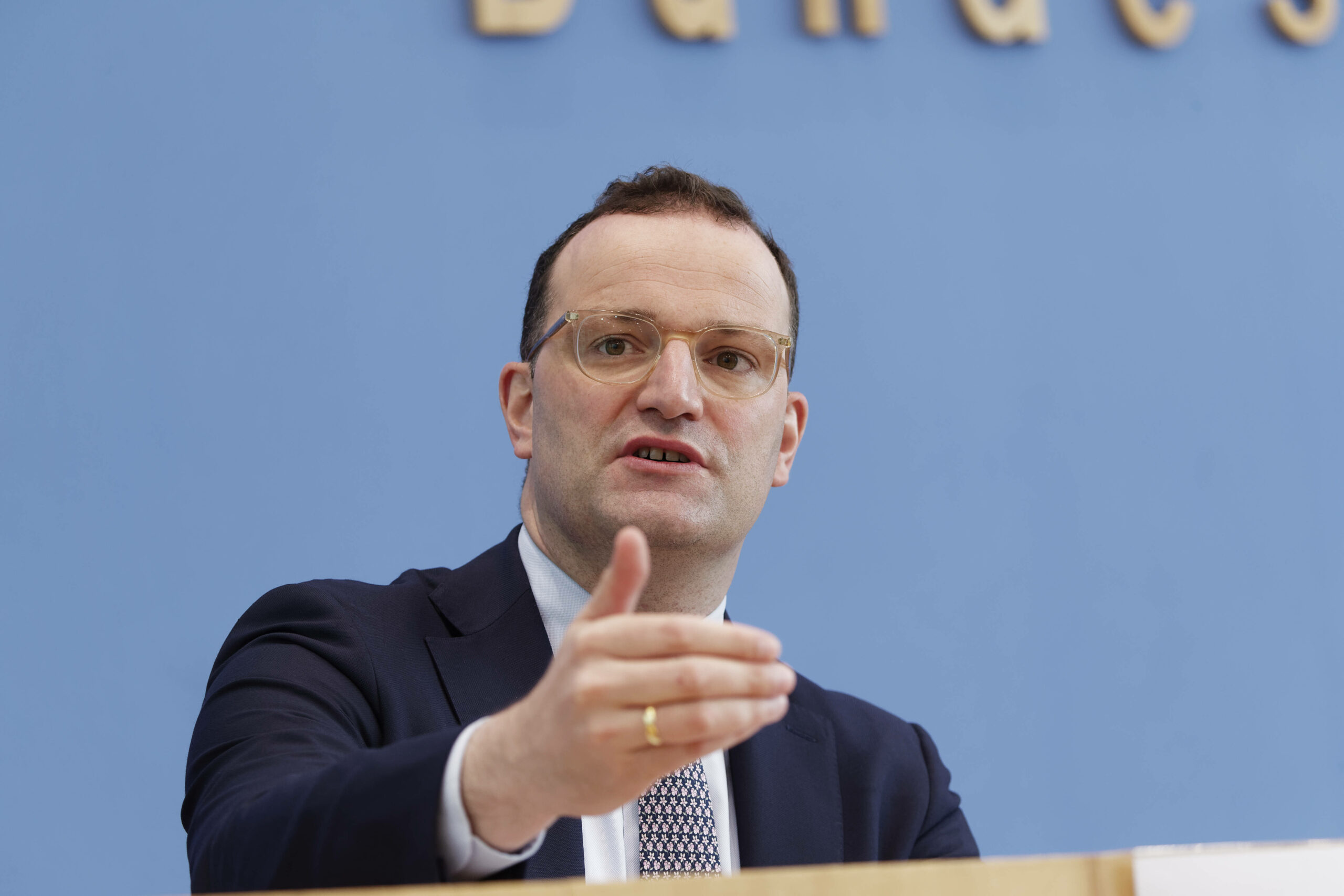The numbers in Germany are getting more and more dramatic – now Jens Spahn is taking the next, desperate measure – will boosters soon be compulsory for everyone? In any case, Spahn sees a clear recommendation for ALL!
Is Thursday the vaccination duty or at least the booster law coming?
Ahead of Thursday’s minister-presidents’ conference on the Corona situation, a debate has erupted over the shape of the booster vaccination campaign. While German Health Minister Jens Spahn (CDU) recommended that doctors in Germany give booster vaccinations against the corona virus to all people over the age of 18 before the six-month deadline, according to a media report on Wednesday, patient advocates warn that people at particular risk are being discriminated against.
“The interval of six months for complete immunisation for persons aged 18 and over, as provided for in the approval, is to be understood as a temporal guideline, which of course cannot be adhered to on a daily basis,” the Berlin newspaper “Tagesspiegel” quoted from a letter sent by Spahn and the chairman of the Federal Association of Statutory Health Insurance Physicians, Andreas Gassen, to all panel doctors in Germany.
Doctors should vaccinate at their own discretion!
Doctors could therefore “vaccinate every patient aged 18 and older, even if they do not belong to the risk groups according to the current Stiko recommendation, such as elderly people, residents of care facilities and medical and nursing staff, promptly and also before the six months at their own discretion,” Spahn and Gassen wrote according to the letter.
Due to many vaccination breakthroughs, pressure had recently grown to give the green light for so-called booster vaccinations well before the expiration of six months after the second vaccination, despite the recommendations of the Standing Commission on Vaccination (Stiko).
Among doctors’ representatives and patient advocates, these demands are sometimes met with criticism. “Particularly in the case of younger healthy people who are less at risk, it is not necessary, according to current medical knowledge, to carry out a booster vaccination after six months to the day,” said the chairman of the GP association, Ulrich Weigeldt, to the newspapers of the Funke Mediengruppe (Wednesday editions).
Weigeldt emphasized that the protection against severe courses of the disease in particular also exists beyond that time. In the case of the desire for a booster vaccination well before the six-month period, “it must be taken into account that this would possibly be at the expense of vulnerable patients”.
Eugen Brysch, chairman of the German Foundation for Patient Protection, expressed similar views. With regard to booster vaccinations, he argued for a similar priority check for certain population groups as existed at the beginning of the Corona vaccination campaign. “Prioritization by age, disease as well as occupational group needs to be considered again. At the very least, the six-month period after the second vaccination must be waited for in a binding manner,” Brysch demanded.
In view of the millions of necessary booster vaccinations, Brysch warned against a “vaccination rush” on doctors’ practices, which they would not be able to cope with on a “broad front”. “Now, with a tight vaccine supply and few vaccination sites, it’s up to the State Premiers’ Conference to ensure an orderly booster process.”
A clear roadmap for the millions of first, second and third vaccinations this autumn and winter was also called for by the German Medical Association. The federal and state governments must “now create suitable framework conditions for an equally safe, unbureaucratic, and low-barrier vaccination campaign,” according to a letter from Doctors’ President Klaus Reinhardt to the state premiers, the chancellor’s office, and the federal health minister, from which the Funke newspapers quote.
To relieve the burden on doctors’ surgeries, Reinhardt called for, among other things, the reactivation of existing vaccination centres, the creation of “pop-up vaccination centres” in residential areas and public facilities, as well as vaccination mobiles, especially for rural areas.
